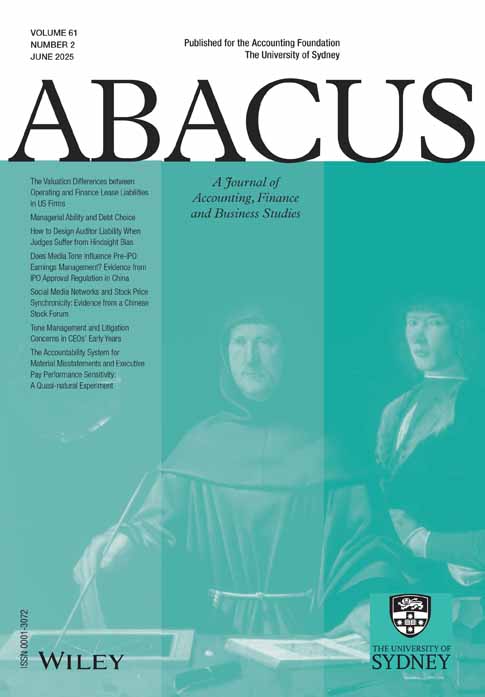Financial Reporting and the Austrian Theory of Entrepreneurship
The author thanks Ken Middaugh, Tom Taylor, and Leland Yeager for their helpful comments and advice on earlier drafts of this article. Any remaining errors are those of the author.
Abstract
The Austrian School of economics, with its emphasis on the market as a process and the role of the entrepreneur as the catalyst of that process, sheds new light on the social role of accounting. This paper examines the implications of the School's teachings to financial reporting, including its insistence on relegating accounting to the role of retrospective economic calculation, and the use of current cash equivalents for asset valuation. The Austrian School's replacement of neo-classical general equilibrium theory with a dynamic model of the market process offers accounting researchers some relief of having to cope with the real world of error, discovery, and disequilibrium.




